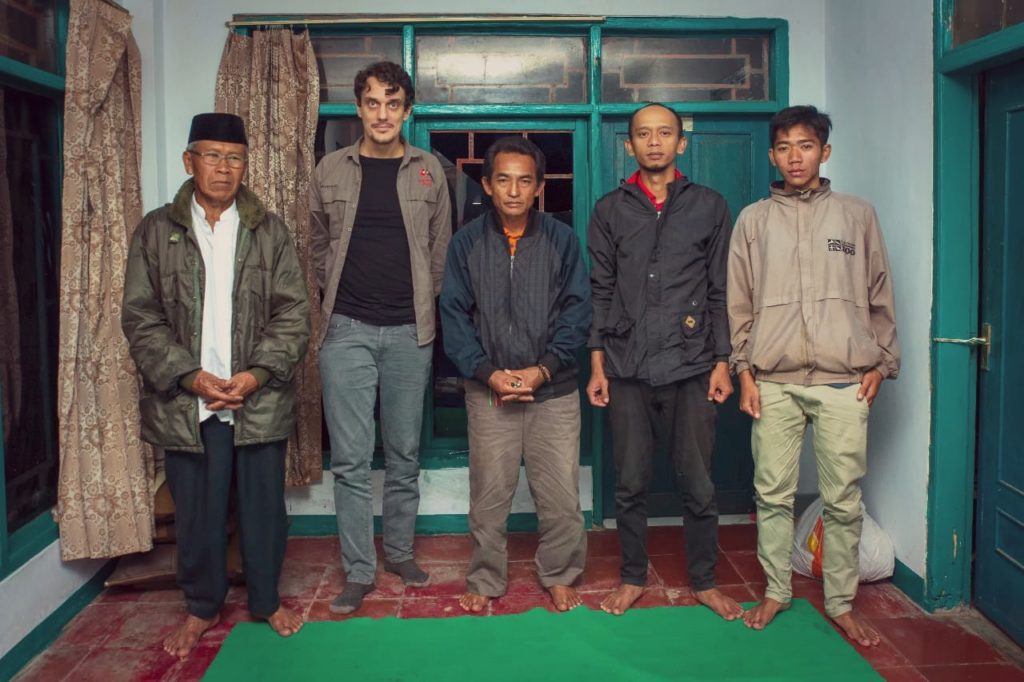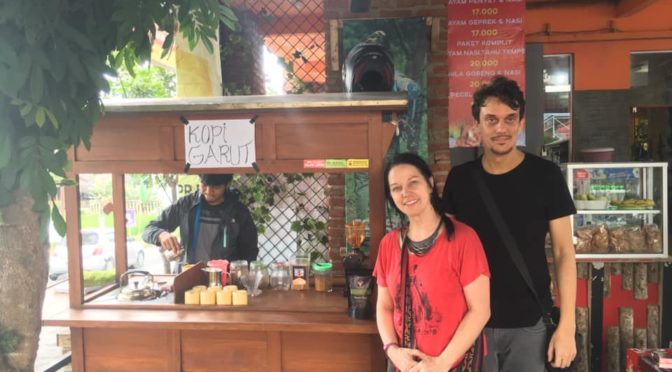Promoting organic coffee production to help slow loris conservation? That is our current plan. A sustainable way to implement the conservation of threatened species and increase the local economy.
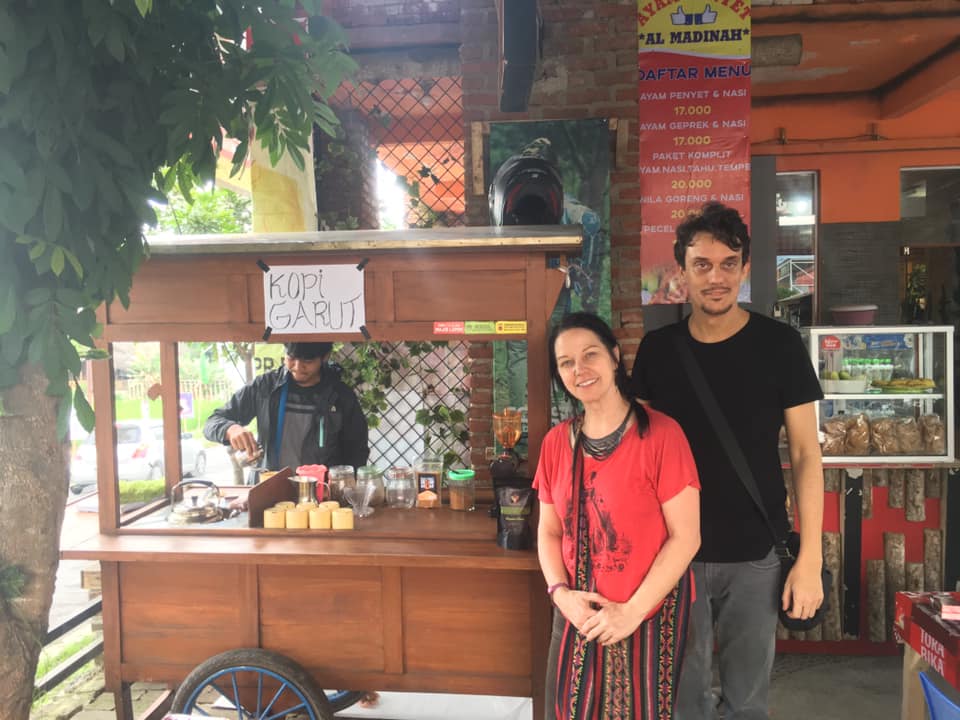
The link between agriculture and biodiversity
With the increase of human disturbance and the consequent spread of agroforestry environments, finding a balance between human and wildlife is pivotal. It is thus key to promote agricultural practices that can guarantee long-term sustainability of biodiversity. This is particularly important when key species (e.g. threatened species, keystone species) are present in the agroforestry area. Organic farming practices are fundamental to find this balance, although their implementation is complex. First, shifting from chemical to organic farming usually determine a reduction in productivity. Second, organic farming requires higher costs and it is more time-consuming at the initial stage than using chemical products. Third, changing farmers’ mentality is challenging, and they can be easily discouraged if they do not find immediate benefits.
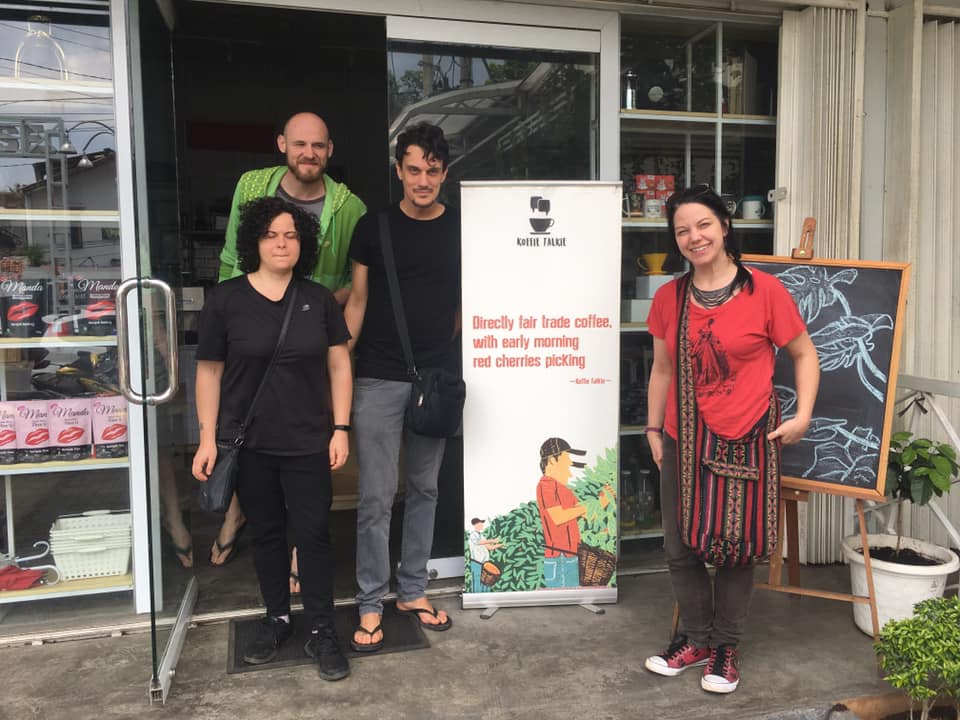
Find a balance between coffee farmers and conservation
We plan to promote organic practices among the coffee farming community to provide a long-term conservation plan for slow lorises and preserve biodiversity in the area. Why coffee? Coffee is the main crop at Cipaganti, with more than 200 farmers having coffee crops. Furthermore, coffee is one of the main products for global markets and there is a huge request in Europe and in the USA. From camera traps we saw that many animals are currently using coffee plantations. Slow lorises, bats, and birds can use coffee plantations and pollinate coffee flowers. Civets can disperse coffee seeds and improve its quality. Other species, such as owls, leopard cats, can help in pest control. And, of course, insects can help to pollinate and to increase soil quality. It is evident that there is a possibility to increase coffee quality and protect biodiversity at the same time.
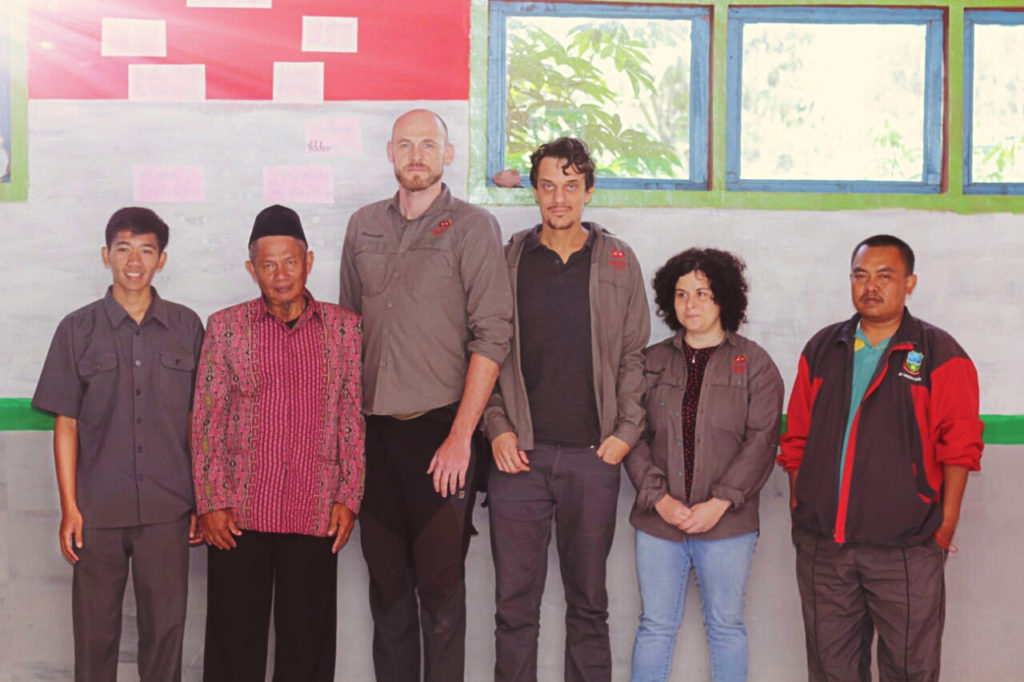
Our strategy
I indicated above three main issues to consider before promoting organic farming practices. Actually, there are many more issues considering the specific situation at Cipaganti. The coffee farming community is divided into many small communities linked to three main roasters. Furthermore, hunting is still present for some species in the area. It is evident that community engagement is the first step, and a common agreement is necessary. We are doing several meetings with the heads of coffee farming community to understand their needs and to try and find a common solution. We agreed to help them with the first steps of organic farming. This will include training to produce organic pesticides and fertilisers and to provide equipment. In exchange, we asked them to utilise what we provide them and to supervise coffee farmers. More meeting will be necessary to define a common strategy, but the first steps are very promising! MARCO CAMPERA
